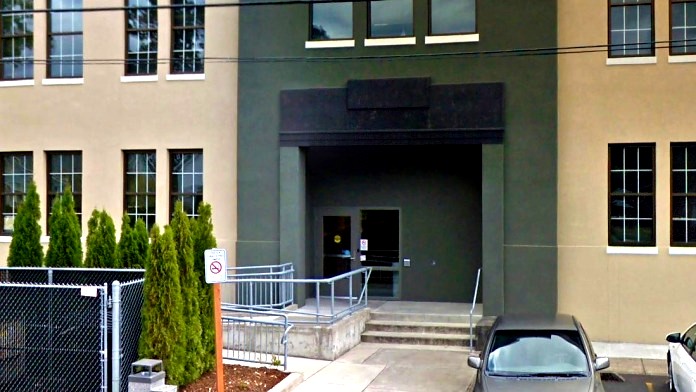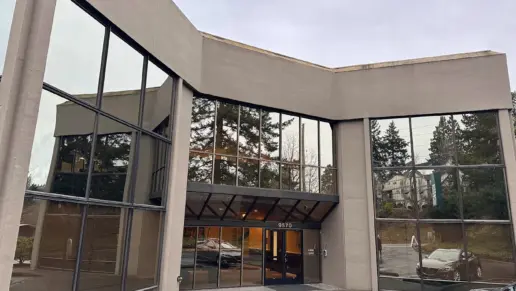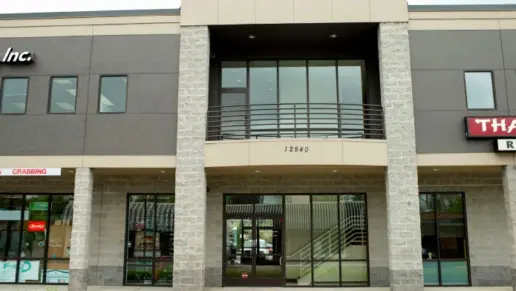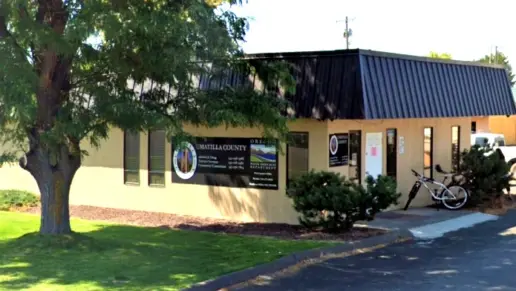About Polk County Behavioral Health
Polk County Behavioral Health provides thorough outpatient services in Dallas, Oregon for adults dealing with mental health, substance abuse and problem gambling issues. Each person receives individualized care that caters to their particular needs and the severity of their conditions. Their adult behavioral health teams have received training in providing trauma-informed care.
Treatment services are provided either individually or in groups. Their multidisciplinary team consists of peer support specialists, certified alcohol and drug counselors and qualified mental health professionals. They can evaluate, diagnose and treat a wide range of disorders. You’ll work with them to create a customized service plan that will help you reach your objectives.
The courts refer people with DUII convictions to their certified alcohol and drug counselors who provide targeted treatment for substance use disorder (SUD). The same tailored approach is followed in this program guaranteeing that each client gets the care they require.
Their adult intensive services team provides community-based assistance to individuals who need more intensive care. By offering case management and skill development, their qualified mental health associates enable clients to reach their greatest potential and effectively complete their recovery process.
People with severe co-occurring mental illnesses who are at risk of being admitted to the state hospital or who are leaving psychiatric hospitals can also benefit from their assertive community treatment approach. The ACT Team provides wraparound services that are customized to meet individual needs. This promotes rehabilitation, recovery and community reintegration.
Their psychiatric services team focuses on treating patients who have been referred by their therapists. If necessary, they can provide continuing medication management following a comprehensive evaluation that includes a physical examination and diagnostic testing. Additionally, they offer telepsychiatry services which enable clients to receive treatment remotely via video telecommunication technology.
Rehab Score
Gallery

Location
Accepted Insurance
Other Forms of Payment
Medicaid is a state based program that helps lower-income individuals and families pay for healthcare. Medicaid covers addiction treatment so those enrolled can use their coverage to pay for rehab. When a program accepts Medicaid the client often pays very little or nothing out of their own pocket.
Self-pay involves paying for treatment out of your own pocket. You can use savings or credit, get a personal loan, or receive help from family and friends to fund your treatment. If you don't have insurance or your insurance plan doesn't cover a specific program, self-pay can help ensure you still get the care you need.
Financial aid can take many forms. Centers may have grants or scholarships available to clients who meet eligibility requirements. Programs that receive SAMHSA grants may have financial aid available for those who need treatment as well. Grants and scholarships can help you pai for treatment without having to repay.
Addiction Treatments
Levels of Care
Treatments
The goal of treatment for alcoholism is abstinence. Those with poor social support, poor motivation, or psychiatric disorders tend to relapse within a few years of treatment. For these people, success is measured by longer periods of abstinence, reduced use of alcohol, better health, and improved social functioning. Recovery and Maintenance are usually based on 12 step programs and AA meetings.
Drug rehab in Oregon offers a full continuum of care for those struggling with addiction. From detox, to inpatient, to outpatient, to aftercare, Oregon residents can find the support they need for recovery. This treatment empowers individuals to replace drug use with positive alternatives and develop a healthier lifestyle.
Many of those suffering from addiction also suffer from mental or emotional illnesses like schizophrenia, bipolar disorder, depression, or anxiety disorders. Rehab and other substance abuse facilities treating those with a dual diagnosis or co-occurring disorder administer psychiatric treatment to address the person's mental health issue in addition to drug and alcohol rehabilitation.
A combined mental health and substance abuse rehab has the staff and resources available to handle individuals with both mental health and substance abuse issues. It can be challenging to determine where a specific symptom stems from (a mental health issue or an issue related to substance abuse), so mental health and substance abuse professionals are helpful in detangling symptoms and keeping treatment on track.
Opioid rehabs specialize in supporting those recovering from opioid addiction. They treat those suffering from addiction to illegal opioids like heroin, as well as prescription drugs like oxycodone. These centers typically combine both physical as well as mental and emotional support to help stop addiction. Physical support often includes medical detox and subsequent medical support (including medication), and mental support includes in-depth therapy to address the underlying causes of addiction.
Programs


Clinical Services
Group therapy is any therapeutic work that happens in a group (not one-on-one). There are a number of different group therapy modalities, including support groups, experiential therapy, psycho-education, and more. Group therapy involves treatment as well as processing interaction between group members.
Trauma therapy addresses traumatic incidents from a client's past that are likely affecting their present-day experience. Trauma is often one of the primary triggers and potential causes of addiction, and can stem from child sexual abuse, domestic violence, having a parent with a mental illness, losing one or both parents at a young age, teenage or adult sexual assault, or any number of other factors. The purpose of trauma therapy is to allow a patient to process trauma and move through and past it, with the help of trained and compassionate mental health professionals.
Contact Information
182 Sw Academy street
Dallas, OR 97338







